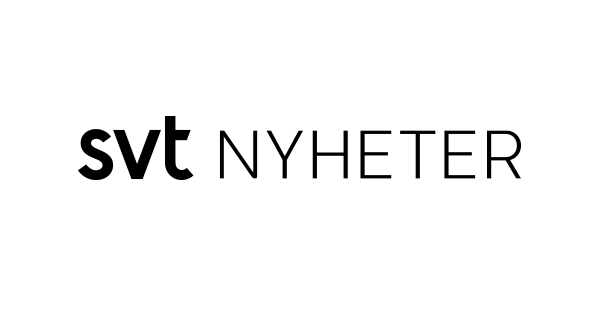The question of what really constitutes slander and has not been raised in connection with the notable trial of the media profile Cissi Wallin - a discussion that is often held in the comments field.
According to figures from the Crime Prevention Council, more and more are being convicted. But this is not a big increase and the numbers are small. Ten years ago, 14 people were sentenced. In 2018, 19 people were sentenced.
"Prosecution is relatively rare when it comes to these types of cases," says Ängla Eklund, lawyer and chair of the Institute of Law and the Internet, a non-profit expert organization founded to work against internet-related violations.
"The Truth Is Not Relief"In many countries, the legislation on serious defamation is similar to the Swedish one. But there is a big difference compared to, for example, the UK and the US.
- The biggest difference is that the truth is not a discharge of responsibility as it is in several countries. In these countries you cannot be judged for slander if what you spread is true. Only inventive false information leads to a crime. In Sweden, true information can also be slanderous, says Ängla Eklund.
At the same time, Swedish prosecutors will only bring charges if the information or pictures have been disseminated to a large group of people. The Prosecutor must also decide on how the information was disseminated and what consequences it has had for the vulnerable person.
- Recently, greater attention has been paid to the internet and the wide spread it entails. The rule of thumb is that well-known people can usually tolerate a little more at the same time, for example, a politician may also be examined more because they make political decisions regarding legislation.
#metoo has contributed to increased discussionAlthough not many are prosecuted or convicted of serious slander, Ängla Eklund believes that #metoo has contributed to the advocacy issues coming up more for discussion which is useful for society.
- There is an obvious need to clarify where the boundaries go for what one can say and publish on social media. Where is the boundary between freedom of expression and personal integrity?

